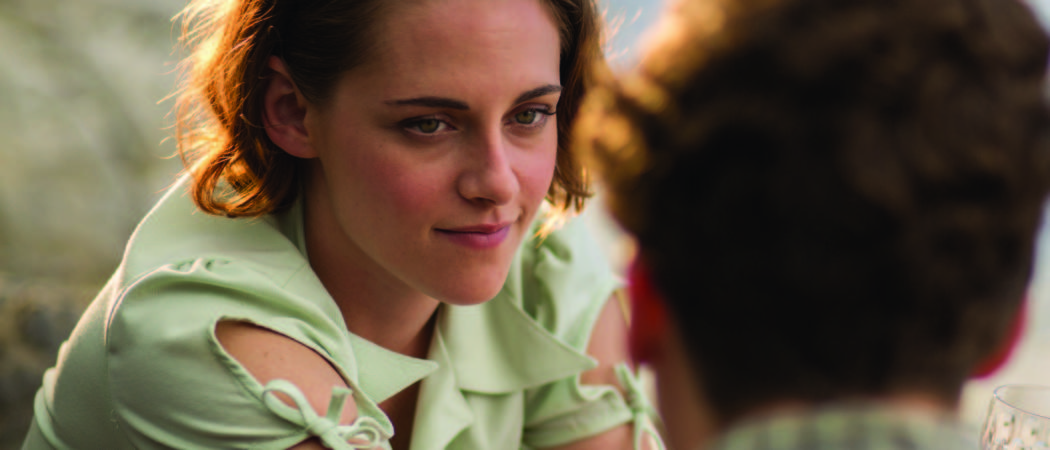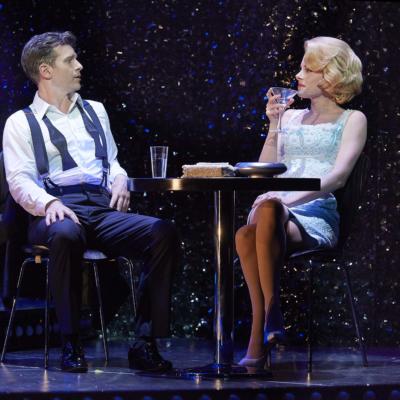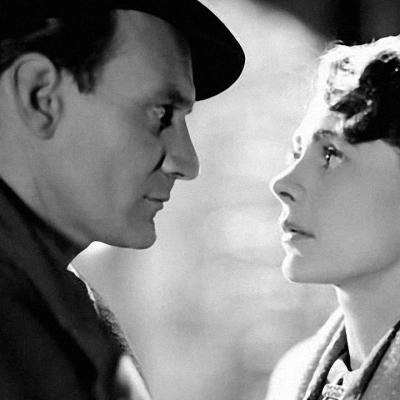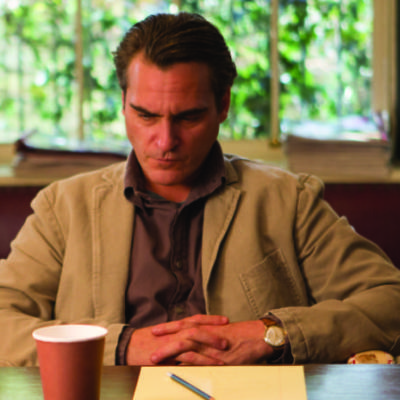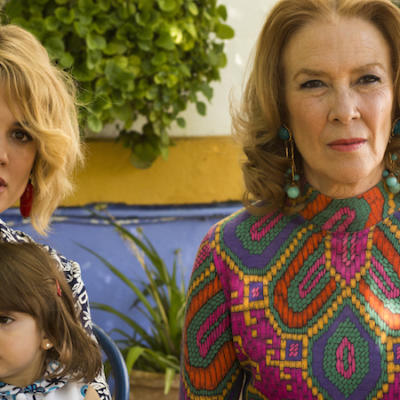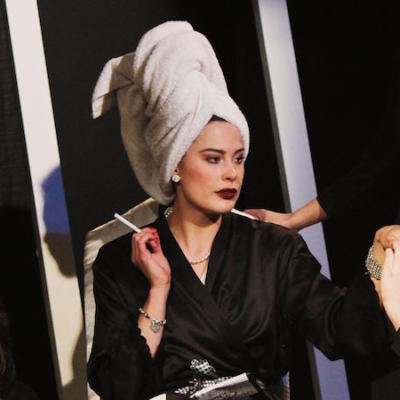Across the continent, from the cream and beige, peach and rose hues of 1930s Hollywood parties to the richer ruby reds of a 1930s New York nightclub Café Society, colours harmonise. Yet underlying the harmony, this work of textures, depths and complexities heralds a new level in the dichotomies, contrasts and tensions delivered by writer and director Woody Allen.
His latest film, which also brilliantly pins him unseen as narrator, is one of his finest works. It's up there with Annie Hall. Yet Café Society mellows into a new more relaxed Allen, with less angst, with more wisdom and more heart. It follows the same beloved subjects, those he knows best, with a greater subtlety, more nuance and softer flow.
Yet the wit, the humour, the original one liners are still there: "It was like a Gershwin tune when you walked in."
"And learnt how in the end Rogers & Hart got it right."
Music plays a big part in Woody Allen's life as in his films. And the music of the era, the same style of music that clarinet player Woody Allen loves to play himself, underscores the Café Society dialogue and the spaces between, playing a big part in this film. From Allen regular Vince Giordano tracks span "The Lady Is a Tramp," "Jeepers Creepers," "Have You Met Miss Jones," "Pick Yourself Up", "Zing Went The Strings of My Heart," and Rogers & Hart composition "Manhattan." There is a spattering of other Allen favourite, Conal Fowkes in "Out of Nowhere" and "This Can't Be Love." And in this romantic score we also hear from Count Basie & His Orchestra, Bennie Goodman and Ben Selvin, "I Only Have Eyes For You."
So what was it exactly that they got right? The Rogers & Hart musical reference, leads us into another favourite Allen theme. Love. Love is the binding golden thread throughout the movie. It presents itself with all its usual Allen faces, and in its simple naturalistic form. But it presents itself in a new way, and a more interesting love triangle between Steve Carell, the brilliantly cast Jesse Eisenberg, and in her best performance to date, Kristen Stewart. Was it Allen that has brought out the best in her, allowed her to blossom?
Beyond the music and the love, like many Woody Allen films, Café Society spins from a Jewish foundation, and questions institutions, family and marriage, as well as power and celebrity. More classic lines unfold. Beside me, around me, in my seat, there are intermittent laughs. On the other side, a viewer sits intently on the edge of her chair.
Even though we have touched this Woody Allen before, still somehow in Café Society there is a greater keenness, a larger strength into which he has settled. Or maybe it is just me, the loyal Woody Allen follower, who has finally settled into to understanding more about this mind, his story telling, his use of language, his questioning of ethics, his tugging at convention, and the way he takes the seemingly ordinary and interplays it with bold statements about who we are and who what we uphold.
Café Society opens in Australian cinemas on Thursday October 20th.
